Free Tropical Runtz seeds on orders over $150!
Beginner growers may find it challenging to make the best decision for their plants. One of the most common mistakes novice cultivators make is making the process too complicated. In the end, they spend far more time, effort, and money than is necessary. However, you’ll want to feed your plants fertilizer (concentrated cannabis nutrients) to help them develop even faster and provide a superior end product. Creating or finding a solid cannabis nutrient schedule is extremely useful for feeding and watering cannabis correctly. Most of the cannabis nutrients required for the growth of plants are found in nature, and some can be purchased as supplements. You’ll find all you need to know in the sections below.
Cannabis plants require substantial amounts of three nutrients. Nitrogen (N), phosphorus (P), and potassium (K) are the three macronutrients that make up the foundation of cannabis plant health. As a result, these three nutrients are frequently prominently shown on the best fertilizer for cannabis packages in the form of an NPK ratio. The higher the number, the greater the content of that specific nutrient. Moreover, these three elements are the essential macronutrients in the soil. Conversely, weed crops get three more macronutrients from the air and water: carbon, hydrogen, and oxygen.
Cannabis needs more than simply three nutrients to survive and thrive. Secondary nutrients for cannabis like calcium, magnesium, and sulfur are also crucial for plant growth:
Furthermore, plants use various additional nutrients for cannabis in small amounts (micronutrients) vital to their survival. Among them are boron, chlorine, copper, iron, manganese, molybdenum and zinc. While these aren’t the primary elements that plants utilize for nutrition, they play a significant role in plant health.
Many new growers aren’t aware of the distinction between ‘mobile’ and ‘immobile’ nutrients for cannabis. The best nutrients for growing weed indoors have both mobile and immobile qualities, which refer to how easily they may be transported. Plants can transport mobile nutrients for cannabis to where they are most required. As a result, mobile cannabis nutrient deficiencies appear first in older leaves, as plants prioritize the health of new growth. Conversely, immobile nutrients stayed put due to a lack of access to these nutrients.
It may amaze you to understand that the most prevalent cause of nutritional deficit in cannabis plants is a pH imbalance. The plant’s ability to absorb these best nutrients for cannabis is harmed when the pH is too high. Even if the correct levels of nutrients are present, your weed will not be able to absorb them if the pH isn’t in the proper range. The ideal cannabis pH is;
Symptoms such as dry foliage, yellow or brown leaves, and discolored stems might be caused by nitrogen, phosphorus, potassium, or secondary nutritional deficiencies. Cannabis nutrient deficits are remedied by increasing or introducing more nutrients or first addressing nutrient lockout.
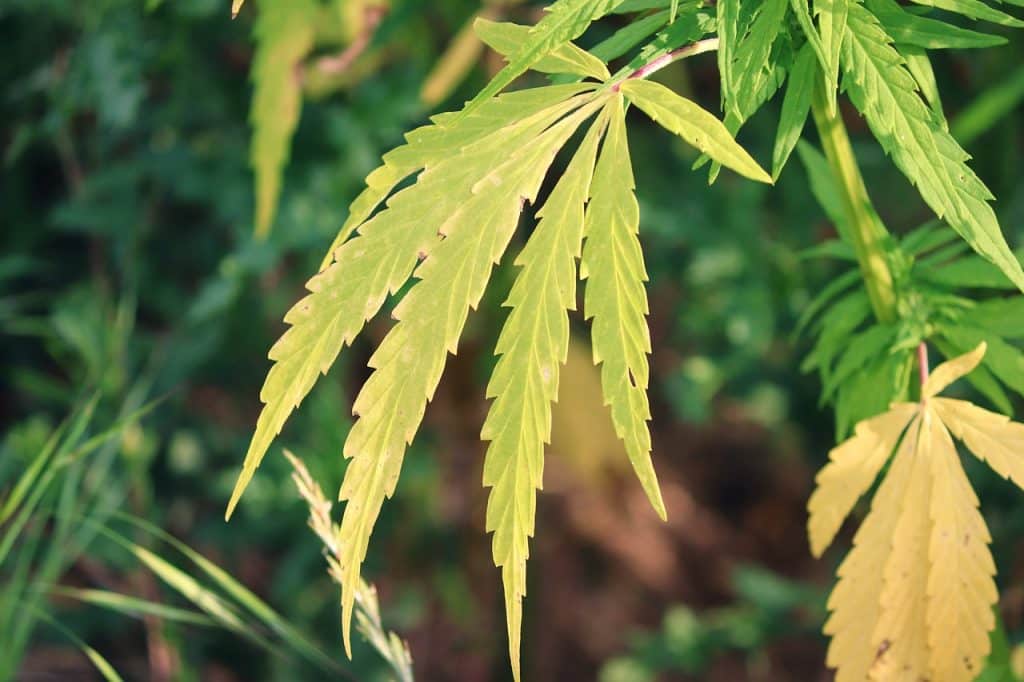
To keep your plants lively and healthy, checking the pH will significantly impact your growth. Watering your plants takes a few minutes each time! It merely takes seconds to test your pH with a digital pH pen!
The hydroponic growing method entails growing cannabis plants without the need for soil. Instead, you’ll use clay pebbles, Rockwool, or coco coir as a substrate. Hydroponics is becoming more popular as a growing method because it can provide a high yield while taking up little space. The bulk of cannabis nutrients sold for growth is now soluble fertilizer, thanks to the growing popularity of hydroponics.
Also, these goods include concentrated mineral salts that are available in powder or liquid form. You must dilute the best nutrients for cannabis in the water to the proper concentration before applying them to your plants, regardless of which option you choose.
Coconut fiber is an excellent option for a growth medium. It’s formed of coconut husk, the substrate that coconut seeds utilize to germinate. Coco coir is exceptionally effective in retaining minerals and water. It has similar water-retaining properties to Rockwool, but it’s recyclable and doesn’t harm the lungs when inhaled. It’s worth noting that coco coir doesn’t store calcium very well. As a result, watch out for any inadequacies and consider adding extra calcium to your diet at all stages of development.
This light and cheap mineral is well-known for its ability to retain water. It’s made up of a silica-based compound and basalt. Shredded, it’s available in small cubes and blocks or enormous slabs. The elements in the nutrient solution will be easily accessible to your crop for growth in Rockwool.
Unlike Rockwool or coco coir, Clay pellets do not retain water well. However, cycling the best fertilizer for cannabis and water will be simple, and you won’t have to worry about overwatering your plants. Clay particle gaps provide optimal pathways for cannabis nutrients and oxygen, resulting in a robust root system. Clay pellets are also reusable, which means you can save money in the long run.
The presence of organic matter is the primary distinction between soil and hydroponic growth mediums. Manure, worm castings, compost, and humus are examples of these. Most organic matter’s fundamental constituents are only available in a non-soluble form. However, to be available for plant absorption, they must be digested by soil bacteria and fungi. Non-organic fertilizers are convenient for boosting soil fertility for both outdoor and indoor plants.
Conversely, these fertilizers can quickly accumulate and degrade soil quality. These fertilizers can decrease a plant’s ability to absorb water and nutrients if they build up. In contrast, organic cannabis nutrients and fertilizers contain fewer soluble nutrients. They also contribute to soil health by providing soil bacteria and fungi food.
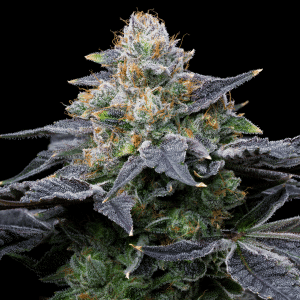
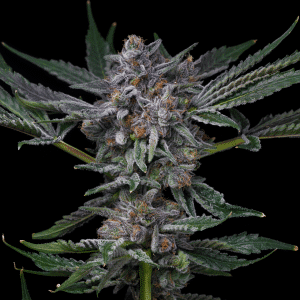
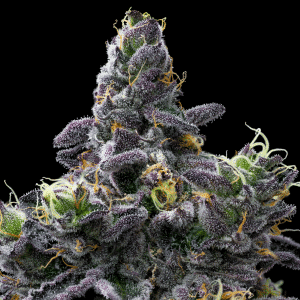
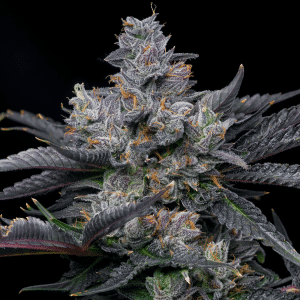
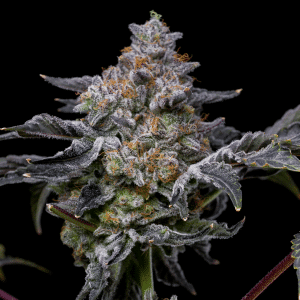
Offers
This product is not for use by or sale to persons under the age of 18. This product should be used only as directed on the label. It should not be used if you are pregnant or nursing. Consult with a physician before use if you have a serious medical condition or use prescription medications. A doctor’s advice should be sought before using any hemp products. All trademarks and copyrights are property of their respective owners and not affiliated with nor do they endorse this product. These statements have not been evaluated by the FDA. This product is not intended to diagnose, treat, cure or prevent any disease. By using this site you agree to follow the Privacy Policy and all Terms & Conditions printed on this site. All products contain less than 0.3% Cannabinoid-compliant with applicable Federal Laws. Please make yourself aware of any and all applicable laws regarding hemp in your jurisdiction. Premium Cultivars accepts no liability or responsibility regarding germination laws in any specific locale state or national jurisdictions.THCA products are not available for shipment to the following states: Hawaii, Idaho, Minnesota, Oregon, Rhode Island, Utah, Vermont *Note: Products with Total THC content above 0.3% must not be shipped to these states.
We want to help you get your hands on the seeds you want, take 20% off your next purchase when you enter your email below!
We want to help you get your hands on the seeds you want, take 20% off your next purchase when you enter your email below!